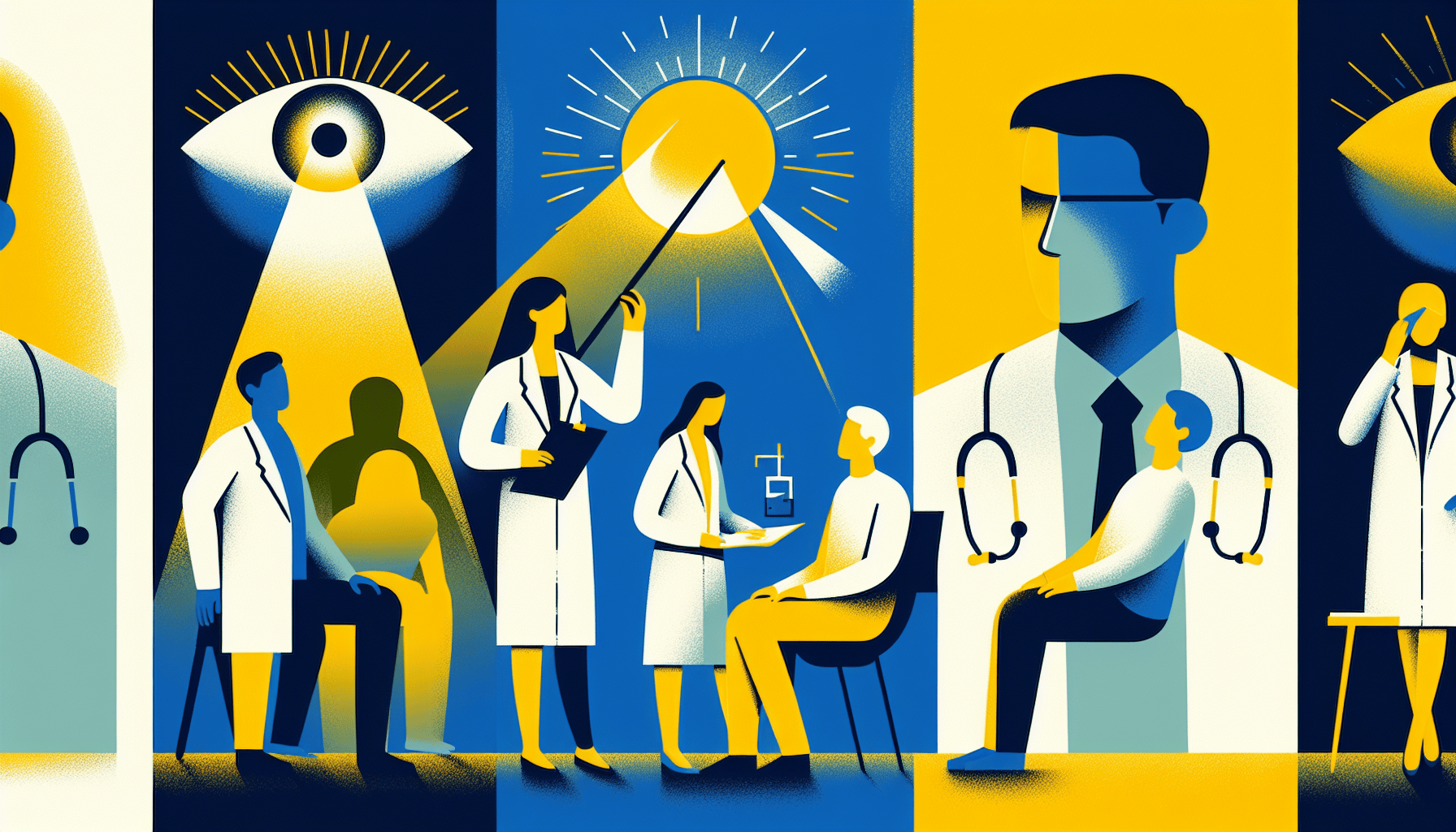If you have difficulty seeing clearly in low light or at night, you may be experiencing a condition called night blindness, also known as nyctalopia. While night blindness is not a disease itself, it is a symptom of an underlying problem that affects the cells in your retina responsible for helping you see in dim light. In this article, we'll explore the causes, symptoms, and treatment options for night blindness.
What Causes Night Blindness?
Night blindness can be caused by a variety of factors, including:
To determine the specific cause of your night blindness, your eye doctor will perform a comprehensive eye exam and may order specialized tests.
Symptoms of Night Blindness
The primary symptom of night blindness is difficulty seeing clearly in low light or at night. You may experience:
Trouble navigating in dimly lit areas
Difficulty reading or seeing objects in low light
Increased sensitivity to glare from headlights or streetlights
Reduced contrast sensitivity
Treatment Options for Night Blindness
The treatment for night blindness depends on the underlying cause. Some possible treatment options include:
Updating your eyeglass prescription to correct nearsightedness
Changing glaucoma medications to reduce pupil constriction
Cataract surgery to remove cloudy lenses
Managing diabetes to prevent vision complications
Taking vitamin A supplements to address deficiency
Using specialized contact lenses or corneal crosslinking for keratoconus
Your eye doctor will work with you to develop a personalized treatment plan based on the specific cause of your night blindness.
Coping with Night Blindness
In addition to seeking treatment, there are several ways you can cope with night blindness and improve your safety and comfort in low light conditions:
Ensure your home and workplace have adequate lighting
Use a flashlight or headlamp when navigating in the dark
Wear anti-glare glasses while driving at night
Allow your eyes time to adjust when moving between bright and dim environments
If you suspect you have night blindness, it's essential to consult with an eye doctor for a proper diagnosis and treatment plan. With the right care and management, you can improve your low light vision and maintain your quality of life.
For more information on night blindness and other vision-related topics, visit:
The Bottom Line
Most cases stem from treatable conditions like refractive errors, cataracts, or vitamin deficiencies, though some genetic causes like retinitis pigmentosa require ongoing management rather than cure. Early diagnosis is crucial since conditions like glaucoma and diabetic retinopathy can cause permanent vision loss if untreated. If you're struggling with dim-light vision or increased glare sensitivity, Doctronic can help you understand potential causes and next steps.



